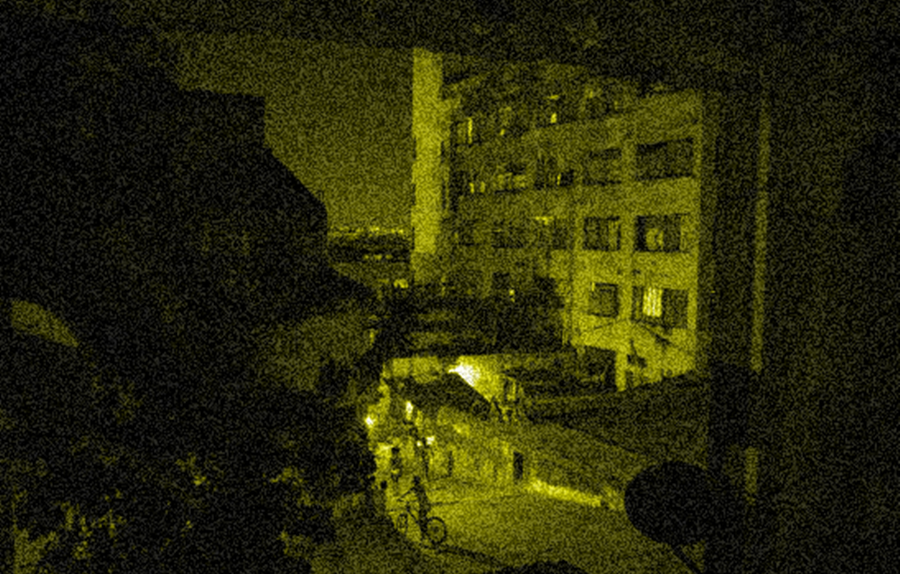Brazil back to poverty - After the economic boom of the last decade, Brazil returns to poverty; one million more people expected to join the ranks of poverty by year’s end

I must say that the swift fall has been even more stunning than the success of the previous decade. How many of us remember the news coming out of Brazil between 2008 and 2011? ‘Brazil, the forever country of the future had finally arrived‘, they said. ‘Brazil rising to the world stage‘, they said.’ ‘Millions leaving the ranks of poverty and joining the middle class,’ they said. At the end of 2011, Brazil’s economy surpassed that of England as the sixth biggest in the world. The country was rewarded the 2014 World Cup and the 2016 Olympics. My, how things have changed! In reality, after centuries of the country still being run like a colony, such headlines were far too premature. A few articles on this blog have tracked the drastic changes that have led to the current situation, below an article from El País Brasil shows just how desperate things are getting.
Brazilians living below the poverty line are expected to grow from 2.5 million to 3.6 million between 2016 and the end of this year, according to the World Bank. President Michel Temer’s conservative budget pressures and policies are translating into cuts in social services. Among those affected is the Bolsa Família program, one of the main causes of poverty reduction in the country during the 2000s.
The trend towards poverty reduction between 2004 and 2014 has reversed in the last two years due to the economic recession, the deepest in Brazilian history.
The cuts in social programs have widened the gap and fueled the broad inequalities that date back to colonial times. Although unemployment caused by the economic crisis has caused more Brazilians to be eligible to receive the subsidy, fewer people are covered by the program.
The World Bank estimates that around 28.6 million Brazilians left poverty between 2004 and 2014. But the institution also estimates that from the beginning of 2016 to the end of this year, Brazilians living below the poverty line (140 per month) will increase from 2.5 million people to 3.6 million.
When Leticia Miranda had a job selling newspapers on the streets she earned about 600 reais a month, enough to pay for a small property she shared with her eight-year-old son in a poor neighborhood in Rio de Janeiro. When she lost her job six months ago, in the midst of Brazil’s worst economic crisis in decades, Miranda had to move to an abandoned building where hundreds of people were already living.
“Many people that left out of poverty, and even those who had become middle class, went back down,” says Monica de Bolle, principal investigator at the Instituto Peterson de Economia Internacional (Peterson Institute of International Economics), based in Washington.
The World Bank estimates that around 28.6 million Brazilians left poverty between 2004 and 2014. But the institution also estimates that from the beginning of 2016 to the end of this year, Brazilians living below the poverty line (140 per month) will increase from 2.5 million people to 3.6 million.
When Leticia Miranda had a job selling newspapers on the streets she earned about 600 reais a month, enough to pay for a small property she shared with her eight-year-old son in a poor neighborhood in Rio de Janeiro. When she lost her job six months ago, in the midst of Brazil’s worst economic crisis in decades, Miranda had to move to an abandoned building where hundreds of people were already living.
De Bolle comments that the World Bank figures are probably underestimated and do not reflect the fact that many low-middle-class Brazilians who had improved their lives during the years of the economic boom were once again approaching poverty.
Rows of job seekers that span several blocks have become commonplace every time a company announces new vacancies. At the start of this month, when a university in Rio offered low-skilled jobs for a salary of 1,200 reais, hundreds of people showed up. Many spent the night in the rain to secure the first places in the line.
Non-labor income, including social programs such as Bolsa Familia, contributed about 60 percent to reducing the number of people living in extreme poverty during the decade of Brazil’s economic boom, according to Emmanuel Skoufias, an economist at the World Bank and one of the authors of the report on the “new poor” of Brazil.
The economists argue that a high unemployment rate and cuts in important social programs could exacerbate the problems.
High commodity prices and oil resources during the boom season helped finance social programs targeting the poor.
One year after hosting the 2016 Olympic Games, the city of Rio is going through such a precarious situation that thousands of public workers don’t receive their salary or receive it in installments.
Maria de Pena Souza, 59, lives with her 24-year-old son in a small house with a zinc roof in the Lins favela in the west region of Rio. They wanted to move because the house is on a hill prone to landslides which can be deadly. But her son has been unable to find work since finishing his military service a few years ago.
The livelihoods of many families living in hundreds of favelas or slums in Rio are becoming increasingly difficult and precarious.
Unemployment today stands at 12.6%, nine percentage points more than 2013.
The economic crisis is fueling the political return of former President Luiz Inacio Lula da Silva. After leaving office in 2010, with an approval rating of more than 80 percent, Lula’s popularity plummeted as he and his party began to be investigated for corruption. Sentenced to nine years in prison for corruption and money laundering, the former president continues to lead the polls for next year’s presidential election.
Source: El País Brasil
By El PaÃs Brasil